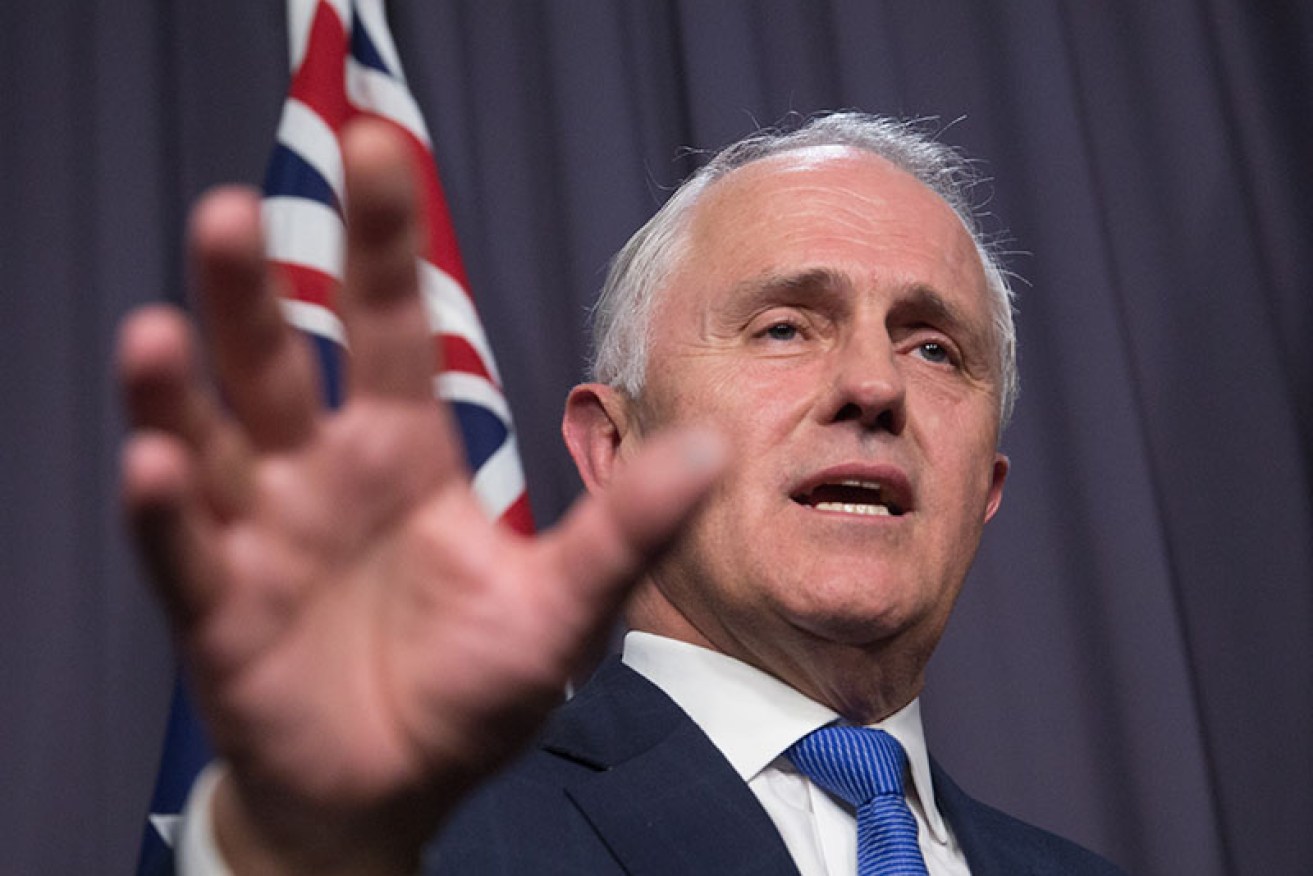Malcolm, welcome to the job. Here’s your to-do list


One challenge down, two to go.
Next, the Canning by-election. Then, the next Federal election.
Up until Monday, Canning was depicted as a test of Tony Abbott’s leadership. Now that the Liberals have installed a new PM, the by-election will be framed as the first measure of voters’ satisfaction – or otherwise – with that decision.
• How the leadership challenge unfolded
• Turbull’s first words after taking the leadership
• Australia’s musical chairs of political leadership
Any improvement on the anticipated 10 per cent swing against the Liberal’s shiny military man, Andrew Hastie, will be pitched as electoral endorsement of the switch. And anything worse than that swing, including a loss to Labor, will be taken as repudiation.
Yet PM Malcolm Turnbull should not waste time fretting about the outcome of Canning, given it does not materially change the government’s numbers on the floor of the Parliament.
The new PM’s third challenge will be to get the timing of the upcoming Federal election right.
Less than an hour after the leadership vote, journalists were already asking the PM-to-be whether he felt the need to go to an early election to secure his own mandate from the Australian people.
Earlier in the day, when announcing his tilt for the leadership, Mr Turnbull had noted “we are maybe 10 months, 11 months away from the next election” and that “every month lost is a month of lost opportunities”.
But after winning the leadership he would only confirm his “assumption” the Parliament would serve its full term.
Learn from Ms Gillard

Mr Turnbull should learn from fellow coup winner Julia Gillard’s ill-fated decision to go to an early election. Photo: Getty
There will undoubtedly be a temptation to go early, to make the most of the favourable opinion polls that undoubtedly will follow Mr Turnbull’s ascension.
But that would be a grave mistake, as former PM Julia Gillard learned to her detriment after she replaced Kevin Rudd in 2010.
Ms Gillard was, to an extent, driven by a sense of illegitimacy that arose from the swiftness of the coup that installed her in Mr Rudd’s stead.
In moving quickly to the polls, she left little time to adequately explain how her government was better than the previous administration, while still carrying on the Labor tradition.
Mr Turnbull must be careful to avoid making the same mistake.
He may be better known to everyday voters than Ms Gillard was at the time she became PM, but like Ms Gillard he must also convincingly explain the merits of his government compared with that which was run by Tony Abbott.
Read more columns from Paula Matthewson here
The PM-to-be noted when making his leadership pitch on Monday morning that voters deserve an explanation about “the big economic changes that we’re living through here and around the world [that] offer enormous challenges and enormous opportunities”, and that we need “a different style of leadership … that explains those challenges … and how to seize the opportunities… that explains these complex issues and then sets out the course of action we believe we should take and makes a case for it”.
Such a task takes time, and calling an early election would effectively cut short the period available for Mr Turnbull to do so.
Technical constraints

Any election called before July 2016 would need to be a double dissolution.
There is also a technical constraint that could make it difficult for the new PM to call a snap poll. Any election called before July 2016 would need to be a double-dissolution election, or an election only for the House of Representatives.
The government does have two double-dissolution triggers available to it, but it may be difficult for Mr Turnbull to convince the Governor-General that the Parliament is unworkable without having the Senate twice refuse legislation produced under his watch.
And while he could hold an election only for the House of Representatives, voters may protest at having to attend a follow-up election for the Senate, which would have to be held within the following 18 months.
Plenty of time
Malcolm Turnbull has no need to rush to seek a fresh mandate from the Australian people. He already has one, having been consistently the most popular Liberal MP during the lifetime of this government.
That popularity is due in part to liberal moderates who’ve voted in recent elections for Labor and the Greens, but might be persuaded to head back to the Liberal Party if PM Turnbull can find an acceptable policy path between the party’s progressive and conservative constituencies.
Mr Turnbull announced on Monday night “this will be a thoroughly liberal government … committed to freedom, the individual and the market”, and earlier in the day vowed to restore the Liberal Party’s ability to translate its liberal values into “the policies and the ideas that will excite the Australian people and encourage them to believe and understand that we have a vision for their future”.
Progressive voters across Australia have high hopes that PM Turnbull will deliver on this commitment. It would be a tragedy if he botched the job by rushing it.
* Paula Matthewson was media adviser to John Howard in the early 1990s and then worked for almost 25 years in communication, political and industry advocacy roles. She is now a freelance writer and communication strategist. Paula has been tweeting and blogging about politics, the media and social media since 2009 under the pen name @Drag0nista.








